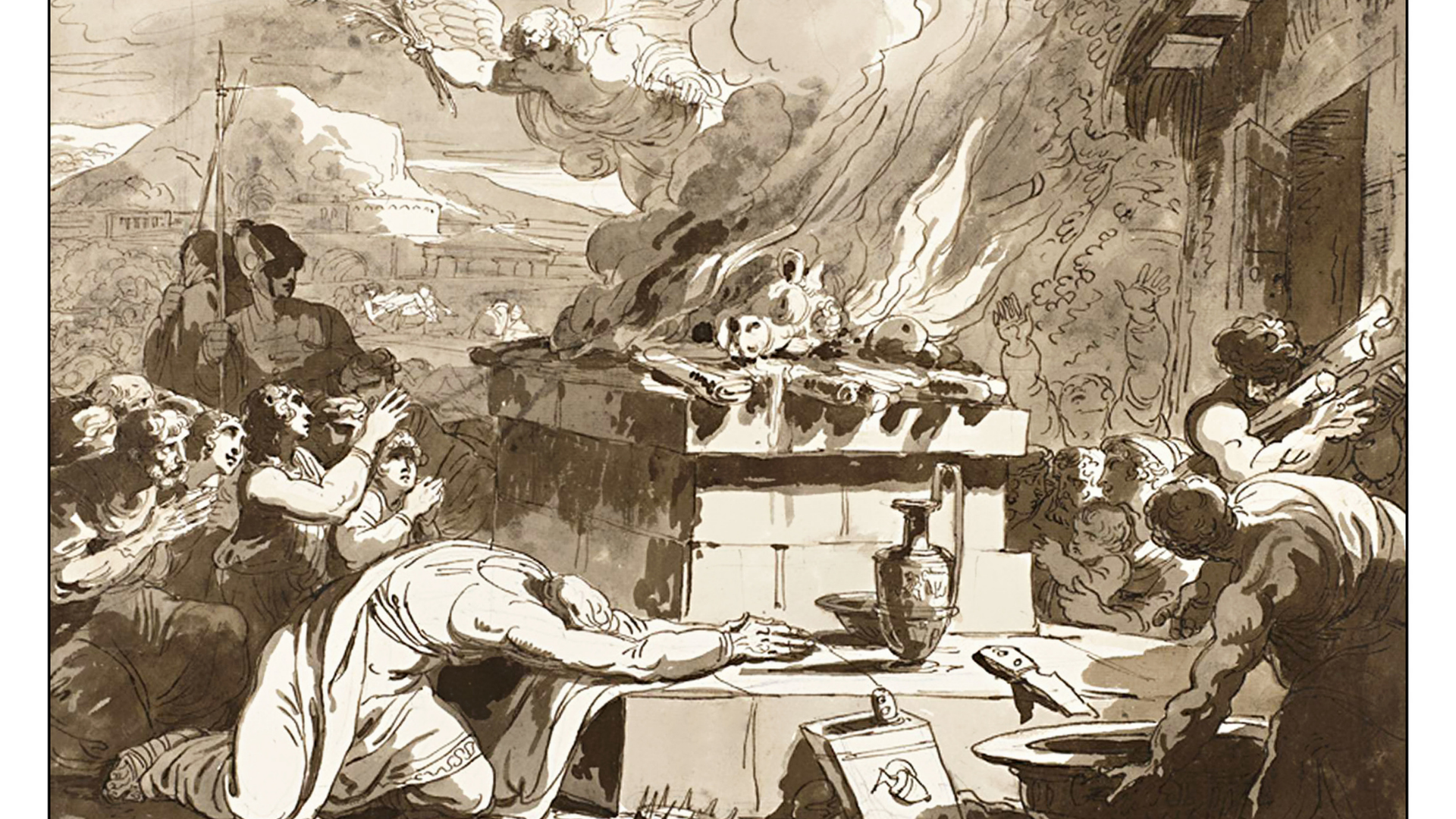“But when the fullness of the time had come, God sent forth His Son, born of a woman, born under the law, to redeem those who were under the law, that we might receive the adoption as sons.” Galatians 4:4–5
The secular influence robbing our culture of truth must be acknowledged and addressed by Bible-believing Christians. These voices come from universities, bestseller lists, political movements, and popular media. They echo doubt, not hope, in a world desperate for real love, joy, and peace.
It’s important to recognize that some of the most widespread critics of Christ have left their mark—not because these individuals have PROOF—but rather, because they have been GIVEN influence.
For example, Richard Dawkins, who wrote The God Delusion and Christopher Hitchens, who wrote God Is Not Great, sold millions of copies, dominating bestseller lists and fueling the modern “New Atheism” movement. Centuries earlier, Thomas Paine’s The Age of Reason spread skepticism in the Enlightenment, selling tens of thousands at a time when that was an enormous number. Bertrand Russell’s Why I Am Not a Christian, though shorter, remains one of the most quoted essays of skepticism. And though obscure today, Bruno Bauer’s scholarship pioneered the “Christ myth theory,” which was used by later critics of Christ.
Their success demonstrates how doubt can capture a culture—even when unsupported by evidence. Consider these famous quotes and their LACK of BASIS in truth:
- Bertrand Russell (1872–1970) was a philosopher, NOT a historian, and said: “Historically it is quite doubtful whether Christ ever existed at all, and if He did, we do not know anything about Him.”
- Richard Dawkins (b. 1941), is a biologist, NOT a historian, and said: “It is even possible to mount a serious, though not widely supported, historical case that Jesus never lived at all.”
- Christopher Hitchens (1949–2011) was a journalist, and NOT an archaeologist, and said: “There is no evidence for a historical figure as described in the Gospels…we have a complete absence of contemporary evidence.”
- Thomas Paine (1737–1809) was a political pamphleteer, NOT a historian, and said: “Of the story of Jesus Christ, there is, upon the whole, no historical evidence.”
- Bruno Bauer (1809–1882) was a philosopher, and NOT a historian, and said: “Jesus is a mythical personage and not a historical one.” His ideas were rejected even in his day, yet he seeded later mythicist theories.
These influential voices of philosophy, journalism, and politics proclaimed “truth” about Christ centuries after His birth—and were believed by the masses despite having no historical or archaeological expertise. By contrast, the extrabiblical witnesses for Christ’s life and death are from the century of the events themselves. And—even more importantly—they were NOT from Christians, and thus, they had absolutely no motivation to support the claims of Jesus.
- Josephus (37–100 AD) was a Jewish historian who lived within the first century, overlapping with the generation of the apostles. In his book, Antiquities of the Jews, he described Jesus as a wise man, crucified under Pilate, who was called Christ. Josephus had no reason to promote Christianity—he wrote from outside of it. His record is significant because it comes from someone so near in time to the actual events.
- Tacitus (56–120 AD), a Roman historian, likewise confirmed: “Christus…suffered the extreme penalty during the reign of Tiberius at the hands of…Pontius Pilatus.” Tacitus despised Christians, yet still acknowledged their founder’s execution under Pilate. This hostile witness is powerful, because he wrote as an opponent of the faith, not a supporter.
In addition to the first-century secular witnesses, there are also several archaeological discoveries which affirm the details of the Gospel accounts. For example:
- In 1961, an inscription in Caesarea was uncovered bearing the name Pontius Pilate, the Roman prefect who tried Jesus.
- In 1990, the ossuary of Joseph Caiaphas, the high priest who presided over Jesus’ trial, was discovered.
- In 1968, the remains of a crucified man were found in Jerusalem, his heel bone pierced by a Roman nail. This provided physical evidence of crucifixion in the very period when Jesus was executed.
Unlike speculative atheistic philosophers from centuries removed from Christ, this evidence is contemporaneous, credible, and concrete. And beyond historians and archaeologists, there is another undeniable witness of the impact of the life of Christ. In AD 525, a monk named Dionysius Exiguus reset the world’s clock, marking history—not from Rome’s founding, but from the birth of Christ. Two centuries later, Bede popularized the terms B.C. (“Before Christ”) and A.D. (Anno Domini, “the Year of Our Lord”). Over time, this system spread across Europe and the world. Think about it: every date you write testifies that history itself has been measured by one life—Jesus of Nazareth.
The loudest critics of Christ were men of mere opinion—not historical or archaeological expertise. Yet their words have shaped culture—proving that popularity and credibility are not the same. By contrast, the witnesses for Christ’s life and death come from history and archaeology. These findings come not from philosophers speculating centuries later, but from the first-century skeptics—the pens of men who lived contemporaneously with the early church. Their credibility far outweighs the hollow opinions of modern secularists.
My friend, if we are to live the abundant life that God promises us, we cannot allow truth to be determined by the voices of opinionated culture. We must allow God’s truth to dominate our thoughts, words, and life-style. If we do not, we will miss eternal opportunities to live in the Divine purpose He has for us. I don’t want to miss a thing—do you?
“The grass withers, the flower fades, but the word of our God stands forever.” Isaiah 40:8
A Personal Question
So, where do you find your truth? From the fleeting voices of secular critics, who rise and fall like grass? Or from the enduring Word of God, affirmed by history, archaeology, and even the calendar on your wall? The question isn’t whether Jesus lived—the evidence is clear. The question is whether He lives in you!
Prayer
Lord, thank You that You are not a myth or legend but the Son of God who entered real history, died on a Roman cross, and rose from a real tomb. Thank You for Your amazing Word. Keep me anchored, not in the shifting voices of culture, but in the truth of Your Word. Let Your Word be a lamp to my feet and a light to my path. Hide Your Word in my heart so I do not sin against You. In Jesus’ name, Amen.








